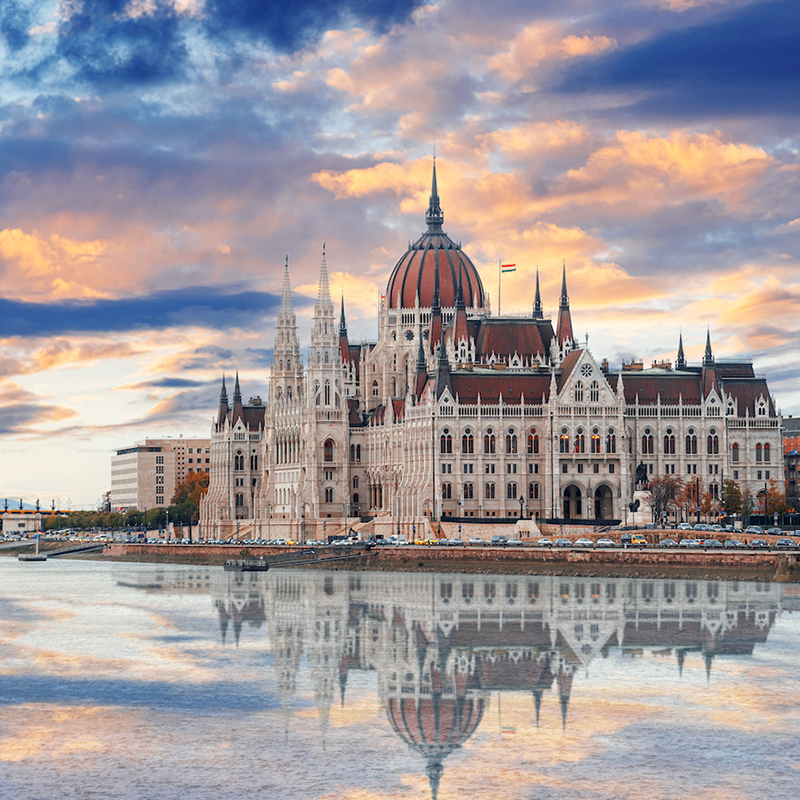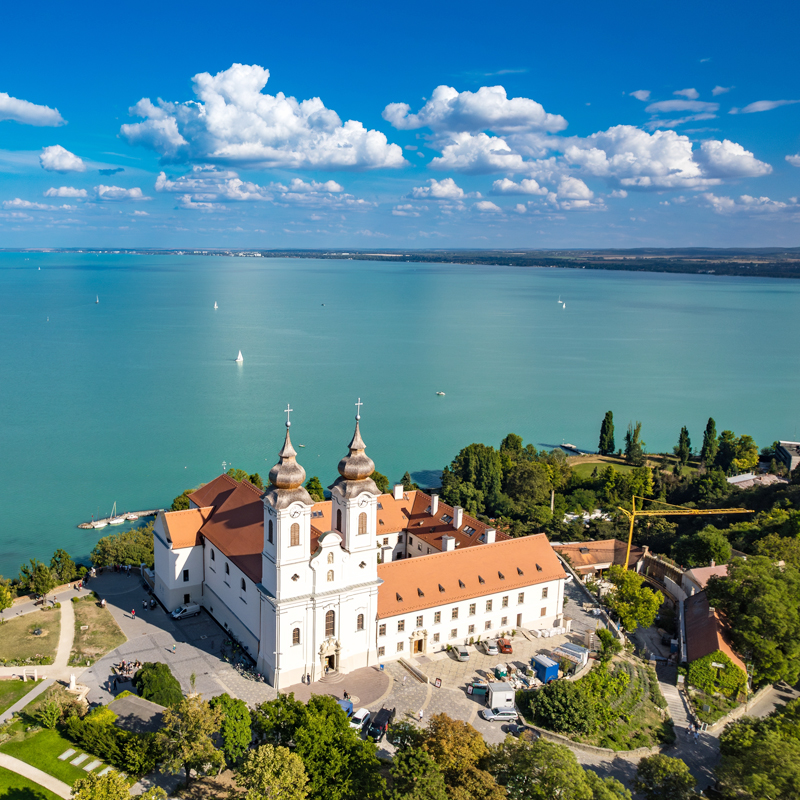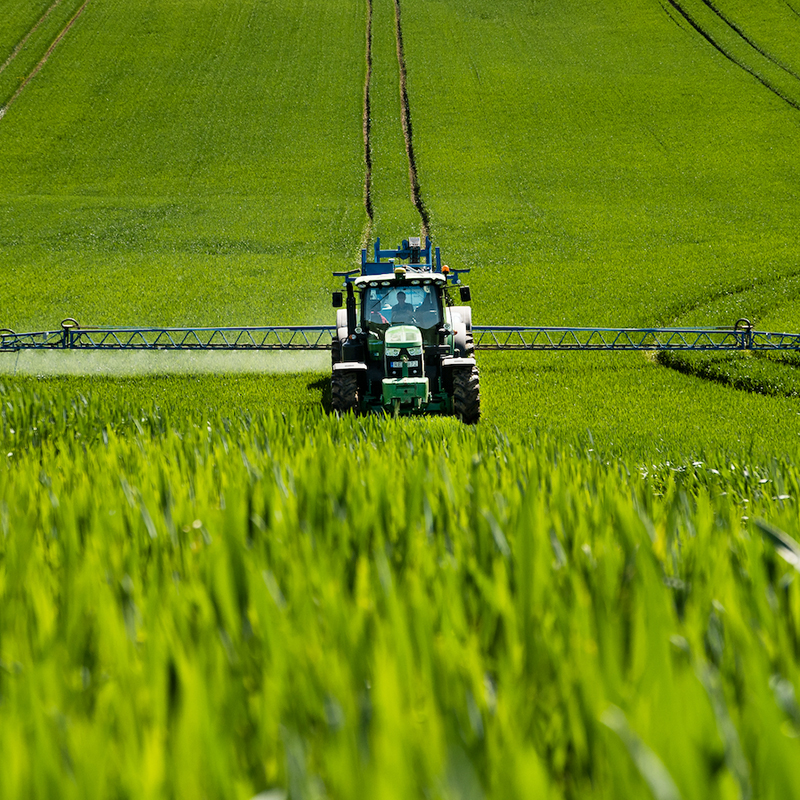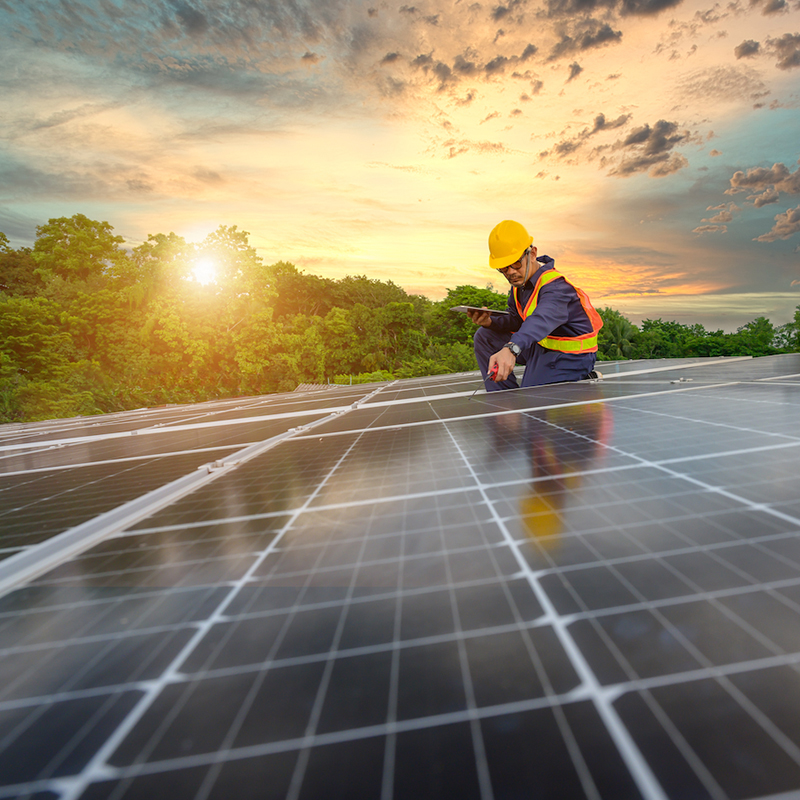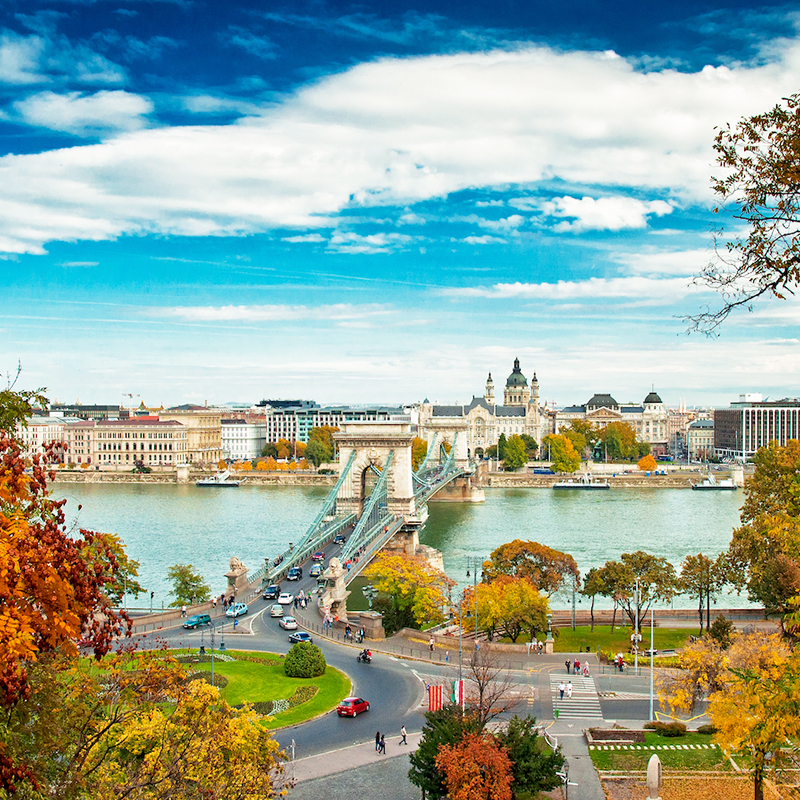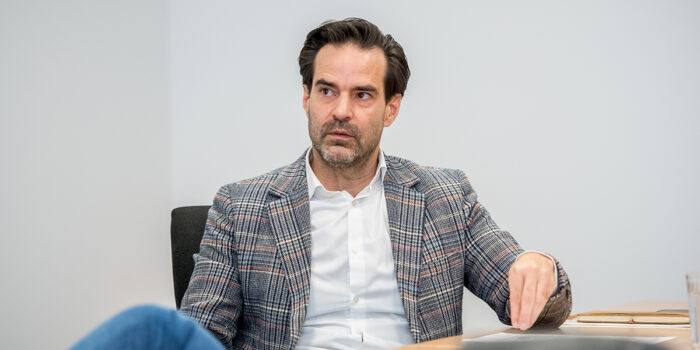
Driving Economic Progress in Central Europe
Hungary, a vibrant gem nestled in the heart of Europe, is increasingly recognized for its economic resilience as well as growth potential, and not only its rich cultural heritage and strategic position. With an economy expected to rise from 0.6% in 2024 to 3.1% by 2026, the nation is strategically positioned to strengthen its economic landscape. Tourism plays a pivotal role in Hungary’s success, contributing approximately $6 billion to the economy in 2024, with Budapest attracting millions of international visitors annually. Meanwhile, agriculture continues to be a cornerstone of the economy, accounting for 5.4% of the country’s gross value added—significantly surpassing the EU average.
The strong partnership between the United States and Hungary, forged through NATO membership and shared democratic values, is set to deepen under the Trump administration. Both countries are actively exploring new avenues for trade and investment, with a focus on expanding economic cooperation in sectors like energy, agriculture, and technology. As Hungary diversifies its economy, the growing U.S.-Hungary relationship will be vital to its continued prosperity and development, paving the way for a more dynamic future.
Interviews
Interview with Dr. Balázs Karsai, Managing Partner, Nagy és Trócsányi
"With improving US-Hungary relations, the Hungarian Investment Promotion Agency is now actively targeting American firms, especially those in AI, financial services and ICT, to expand their presence in the country. Foreign direct investment (FDI) is
17 June, 2025Interview with Dr. Csaba Novák, President of the Hungarian Renewable Energy Association (HREA)
"Hungary offers a highly skilled workforce, a strong industrial base and an increasingly supportive regulatory environment for green energy. HREA’s role is to help international partners navigate the Hungarian energy landscape, identify strategic ent
12 June, 2025


